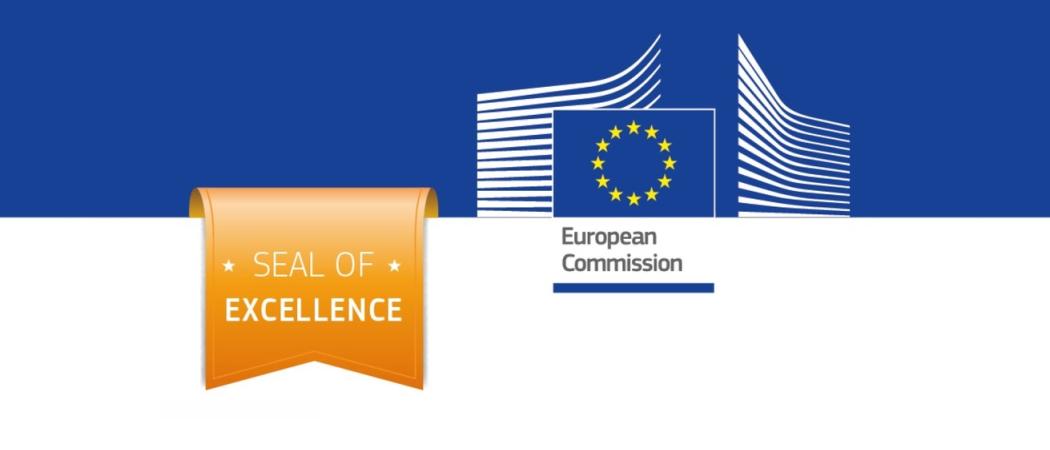The change is intended to enable researchers to access structural funds for projects reviewers say are excellent, but which don’t make the cut for Horizon Europe grants

The EU Council has adopted new state aid regulations under which research proposals that receive the seal of excellence from EU peer reviewers, but fail to get a grant from Horizon Europe, will be eligible for money from structural funds.
National funds that are combined with EU managed funds, such as the InvestEU Fund and “seal of excellence” projects, will no longer be subject to standard checks required under EU state aid rules. This means that member states could allocate structural funds for research projects for which there was not enough Horizon Europe money, without having to prove they are not distorting competition in the single market.
The new rules will simplify the national financing of projects co-financed under EU’s post-2021 budget.
The Commission introduced the seal of excellence certificate in Horizon 2020 for project proposals that were rated highly, but for which no money was available. The idea was that with this quality stamp, the projects can raise money from structural funds.
But very few researchers were able to do so, partly because not all member states offered access to other funding streams, but also because their projects were not compatible with state aid rules applied to structural funds.
According to a report by the European Court of Auditors the seal of excellence has “failed to ease the burden of applying for research funding” and is “not universally recognised.”
The Court surveyed nearly 4,000 researchers, but only 15 per cent said that the seal has helped them obtain funding from elsewhere.
The auditors say there is “a lack of clear guidance on how to use the label; and lack of alignment between national and other EU programmes and Horizon 2020 regarding topics, selection and award criteria or evaluation processes.”





 A unique international forum for public research organisations and companies to connect their external engagement with strategic interests around their R&D system.
A unique international forum for public research organisations and companies to connect their external engagement with strategic interests around their R&D system.